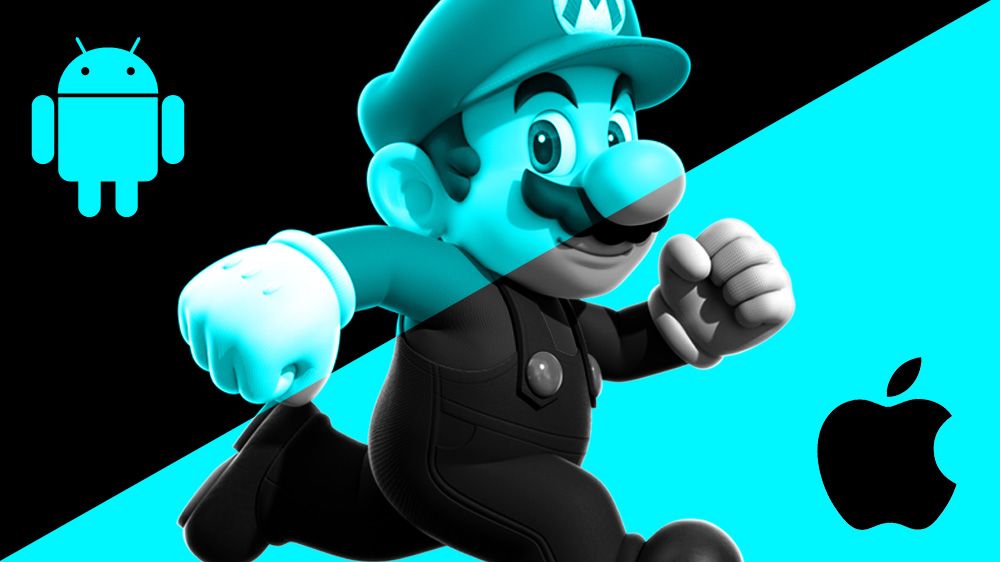Mobile gamers are seeing old friends on new devices as legacy video game brands expand onto mobile. As the largest gaming market today, mobile offers accessibility for games that might normally require expensive or out-of-date hardware. Flexible monetization options for publishers mean they can share franchise favorites with a business model that suits their needs.
Mobile gaming brought in a staggering $41 billion in revenue last year, far outpacing the second largest segment (PC) at $34 billion and the highest earners utilize a “freemium” monetization model (i.e. free with optional purchases). For legacy franchises headed to mobile, choosing a monetization model is about finding the right mix between gameplay and ad interruption.
Sega has begun transporting its massive catalog of classic games to mobile with Sega Forever, beginning with the first Sonic The Hedgehog. While nostalgic gamers may have been willing to pay a premium for their old favorites, Sega chose a business model that utilizes optional purchases.
“The model that we’re using for the monetization is twofold,” Mike Evans, chief marketing officer of Sega‘s mobile division in the West, told AlistDaily. “First of all, all of the games are free. Now, within mobile, there are lots of free things, so they need to believe they’re really free in that sense. There’s a pre-roll in front of the game, which a user can skip [with purchase]. After that, they play the game and it’s uninterrupted except for an ad if they want to save the game.”
Level-5’s classic Layton puzzle series has just launched for the first time on iOS and Android as a premium title for $15.99. Originally available exclusively on Nintendo DS, Layton’s Mystery Journey: Katrielle and the Millionaire’s Conspiracy launched first on mobile and will be available for 3DS later this year.
For the series’ creator and Level-5 co-founder Akihiro Hino, embracing the mobile platform is a natural step forward.
“With Layton’s Mystery Journey on the smartphone, we’re getting that knowhow—the knowledge of how to move it onto the smartphone platform,” Hino told GameSpot. “We are actually looking into trying to bring past projects onto smartphone, [or] maybe even a new console, like Switch.”
Nintendo’s own exploration of mobile titles has resulted in tremendous financial success with Pokémon GO (a freemium model) and mixed success with Super Mario Run, which costs a flat $5.00 but is considered high-priced by many when comparing it to other mobile games. But one thing is for certain, bringing classic IPs to mobile inspires purchases in other areas.
“When we launched Pokémon GO with Niantic, there was a direct impact on Pokémon hardware and software sales increasing,” Doug Bowser, senior vice president of sales and marketing at Nintendo of America, told AlistDaily. “Mobile games actually bring new players into the franchises. They engaged in that content and wanted more of that experience, so their next purchase was more of the dedicated handheld and software side.”
For Square Enix, adapting classic IPs like Hitman, Lara Croft and Deus Ex for mobile devices was an exercise in both game design for a new platform and customer relations.
“Since we’re working with well-known gaming franchises, we need to make sure and communicate to our hardcore fans as well as the very casual App Store crowd,” Nicolas Bertrand-Verge, marketing content and community manager for Square Enix Montreal told AlistDaily. “Everyone has to find something they like in what we’re doing.”

